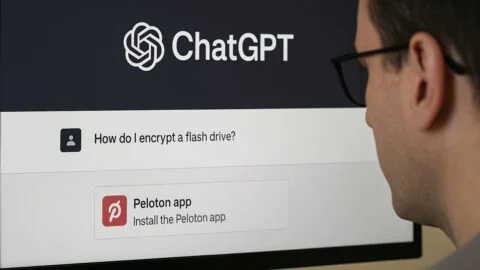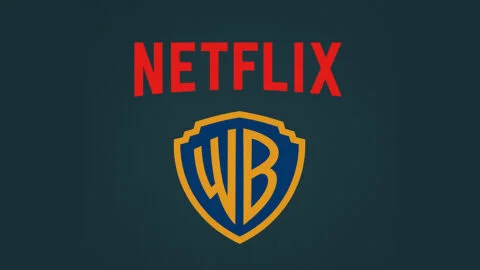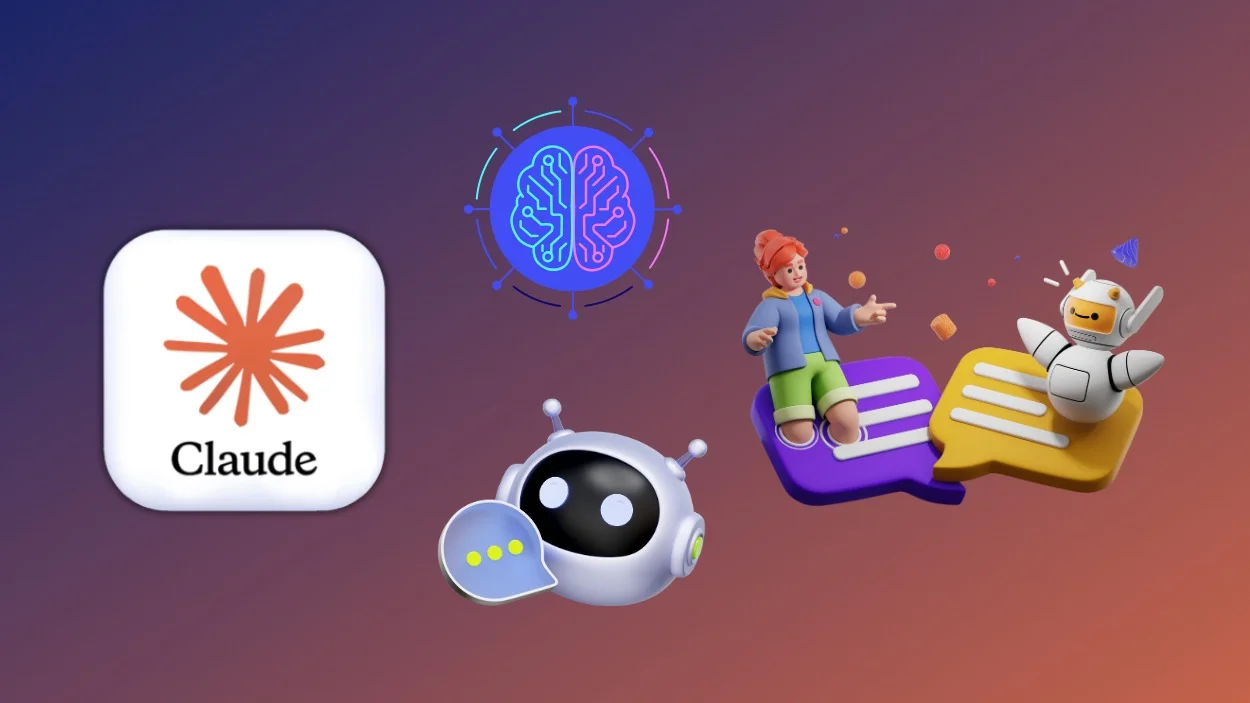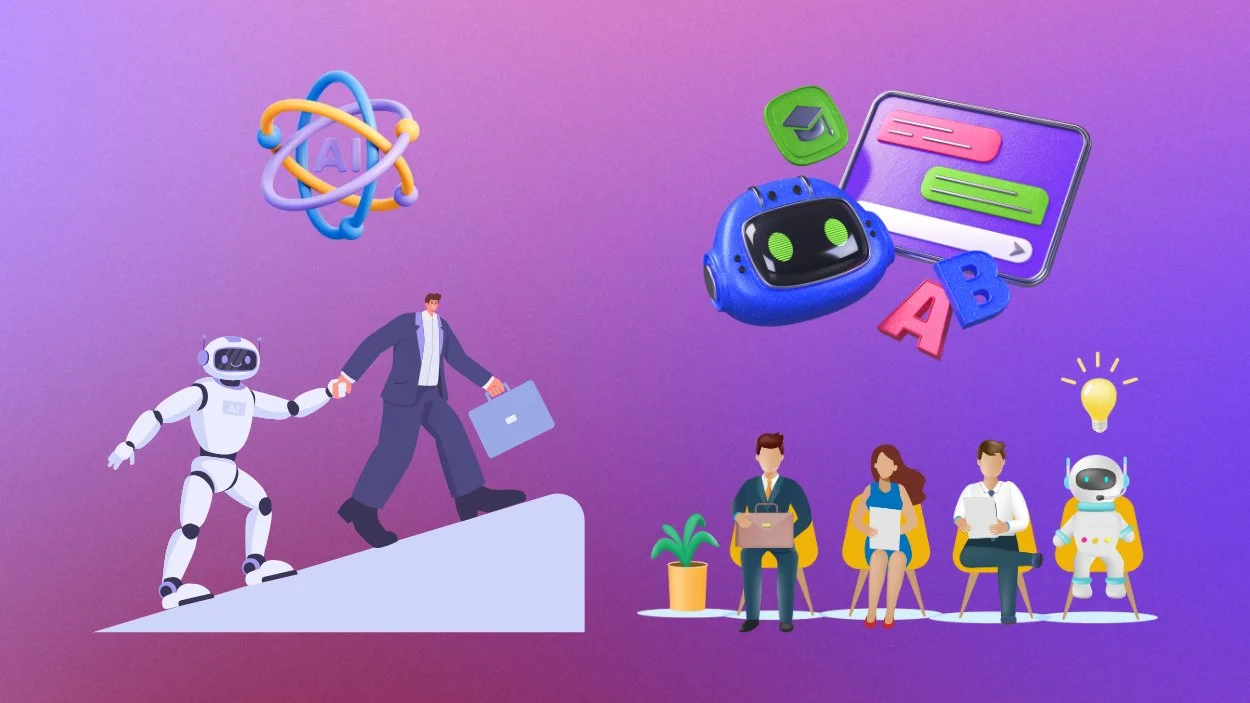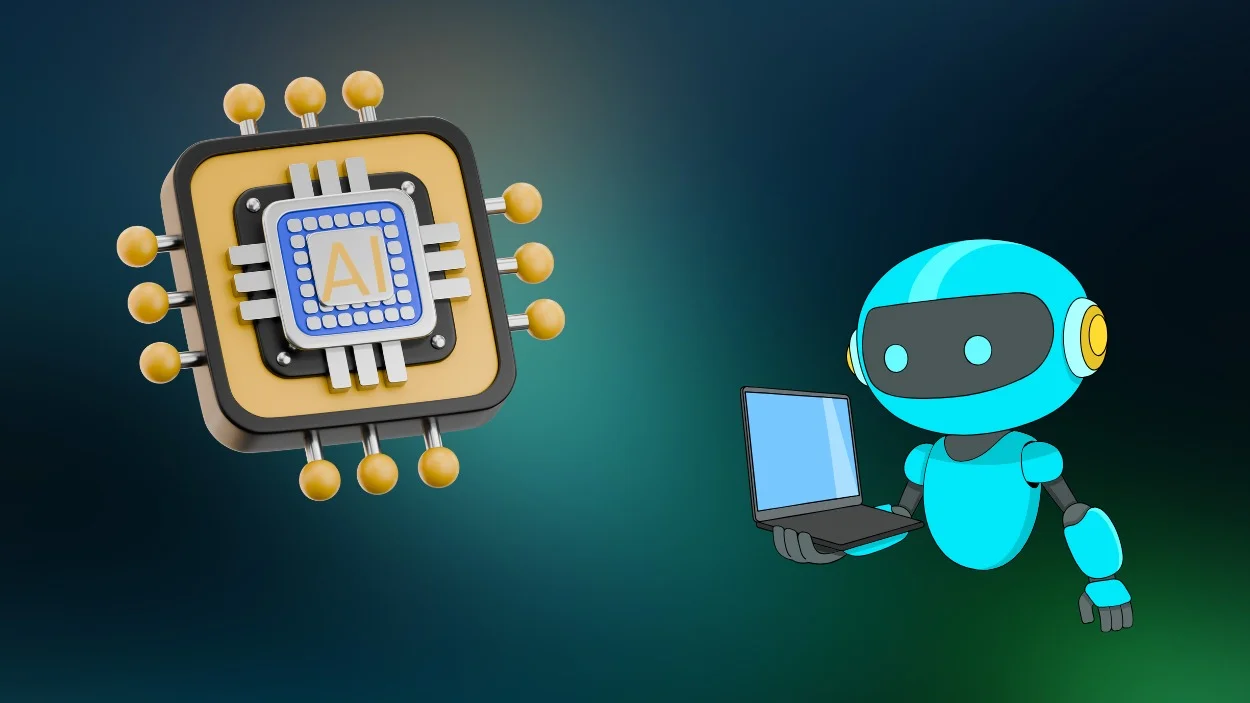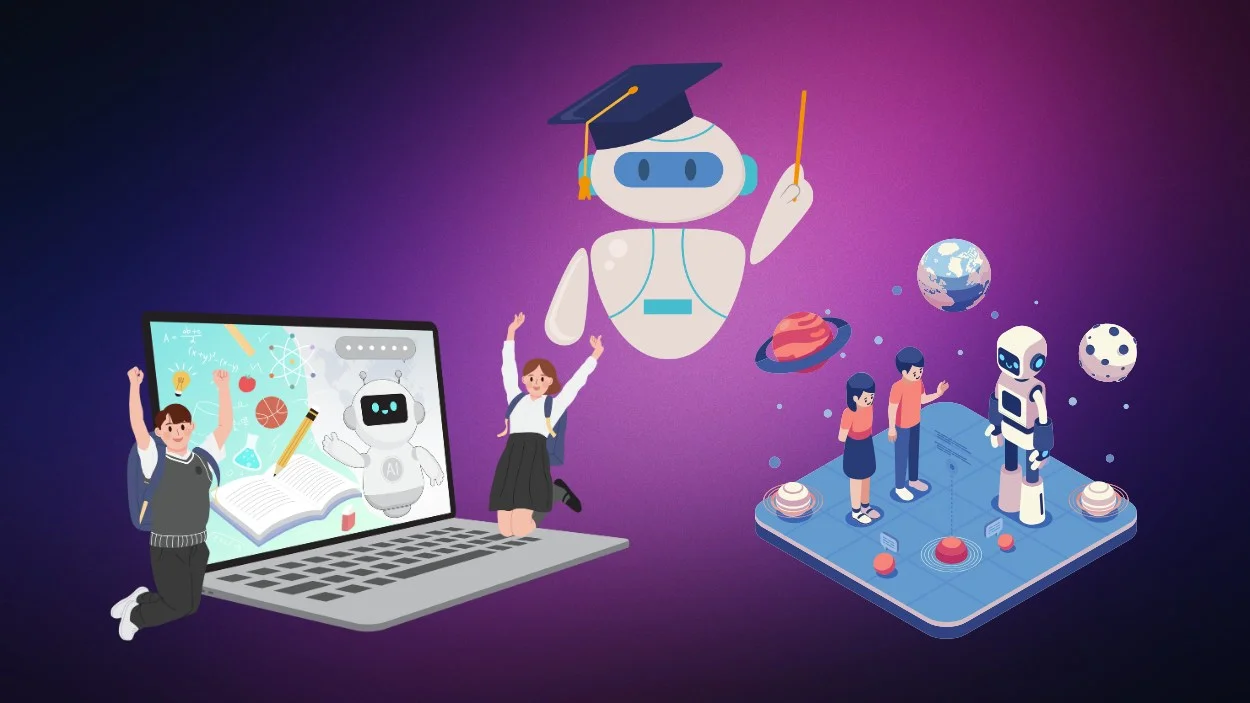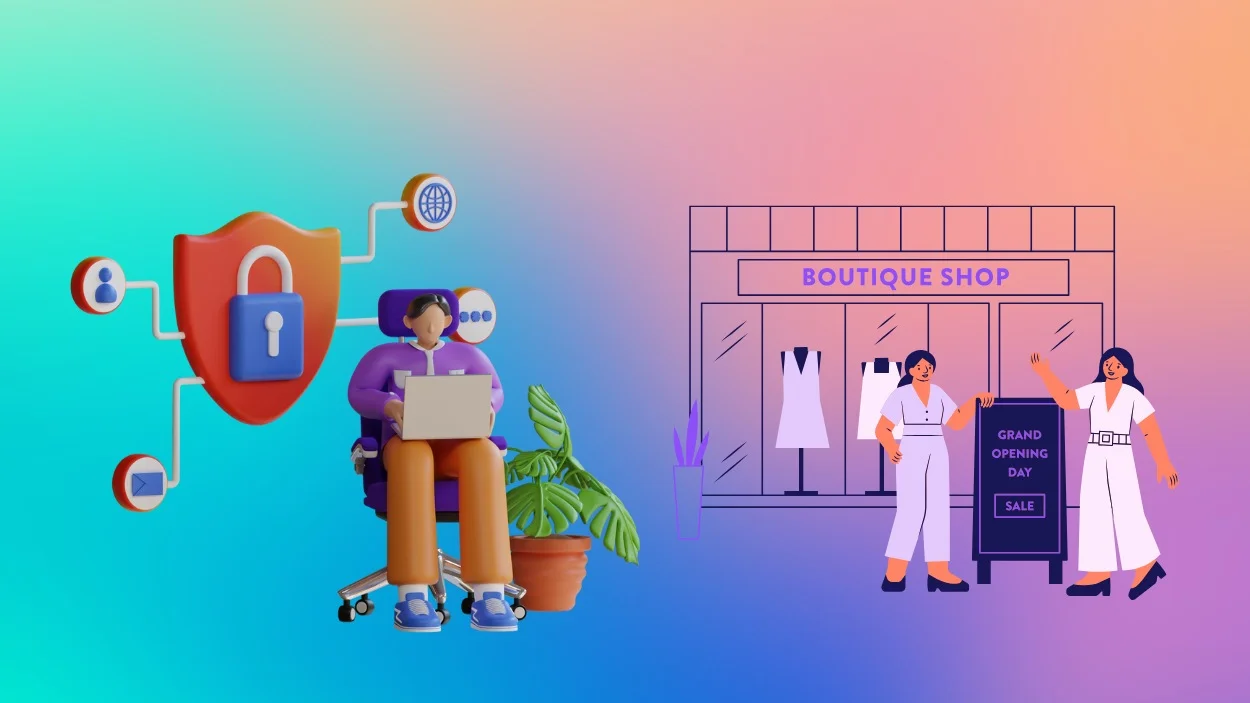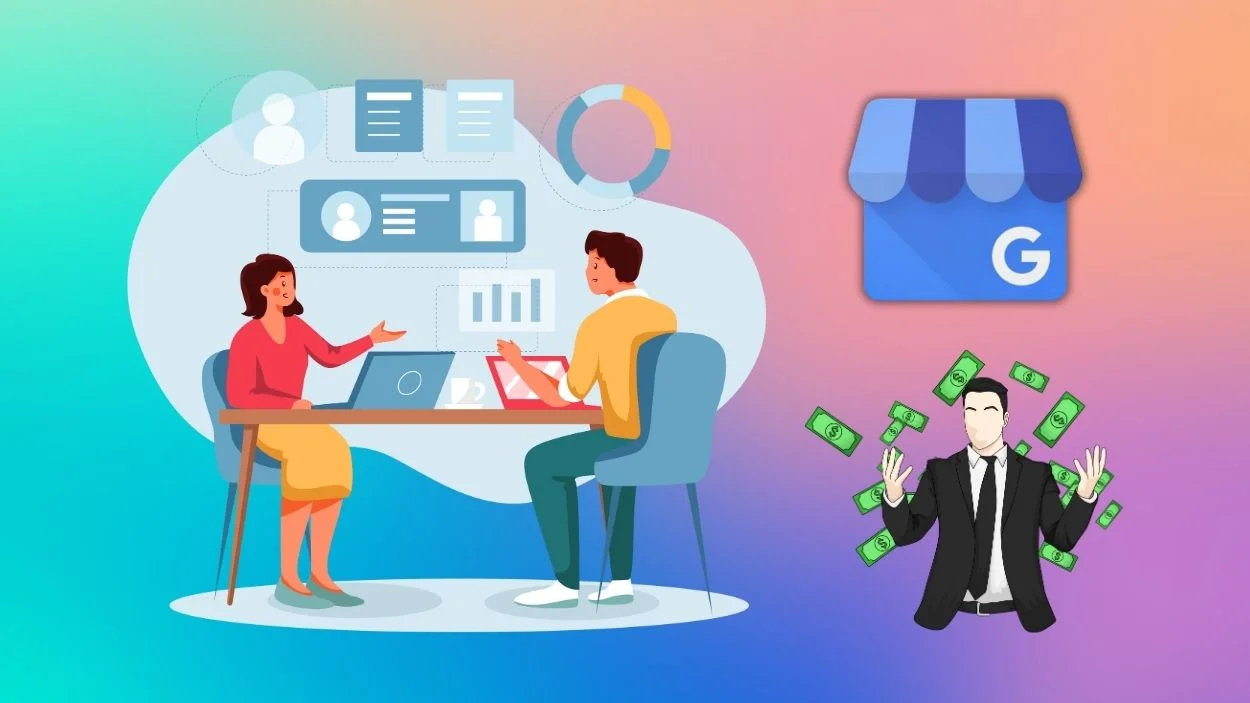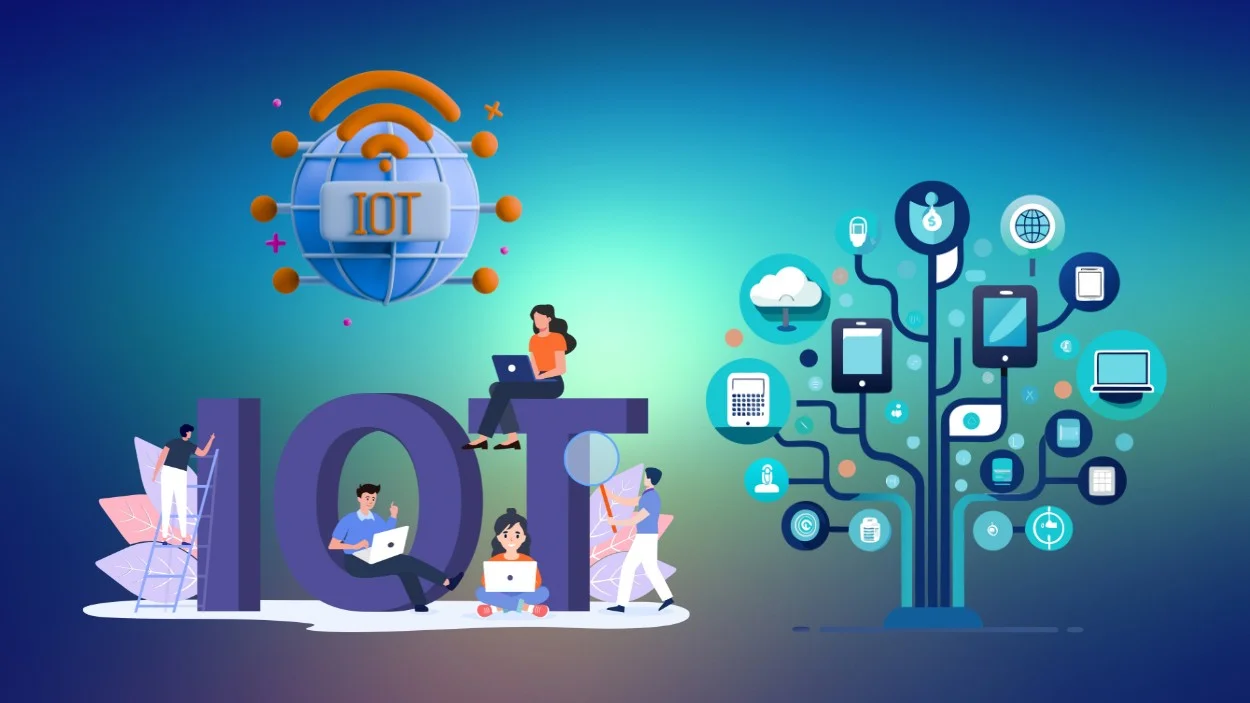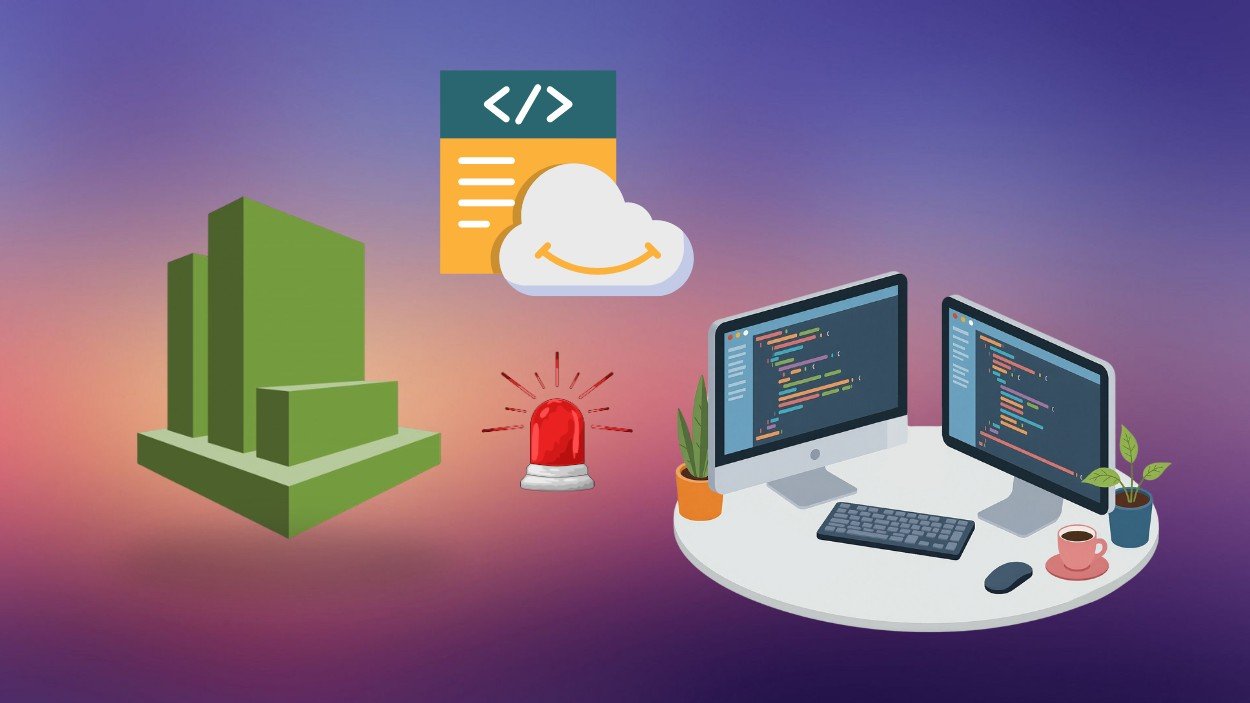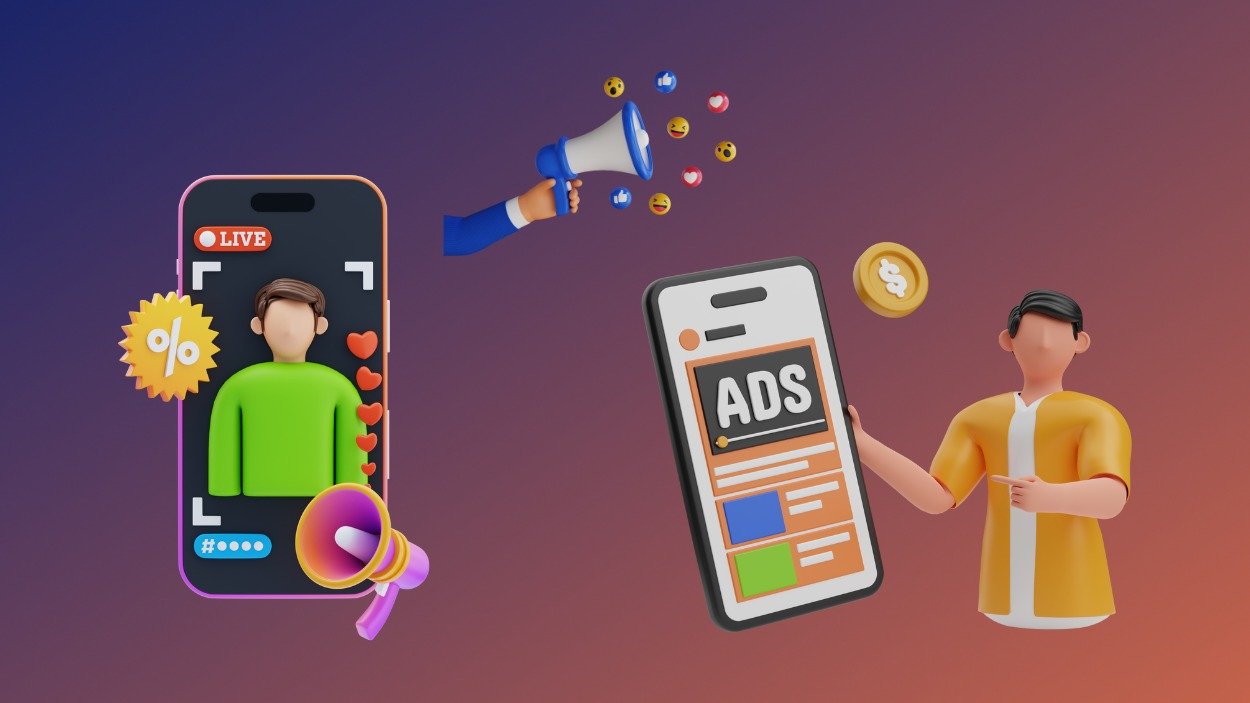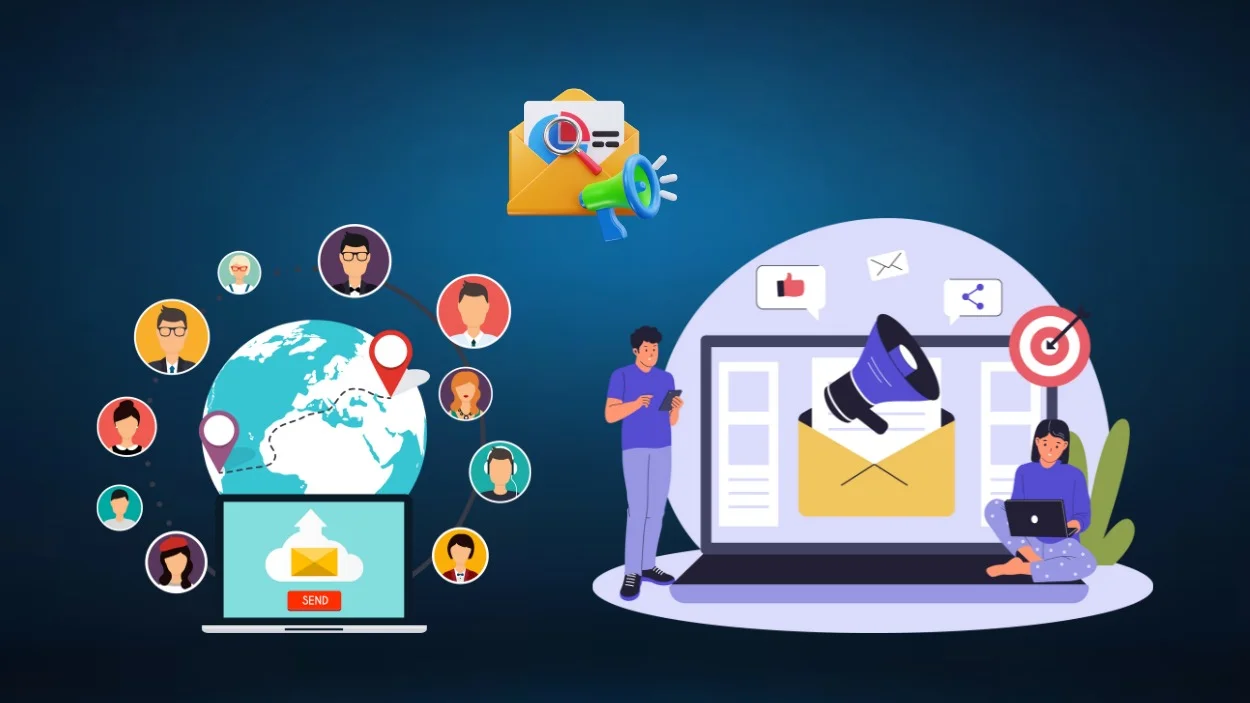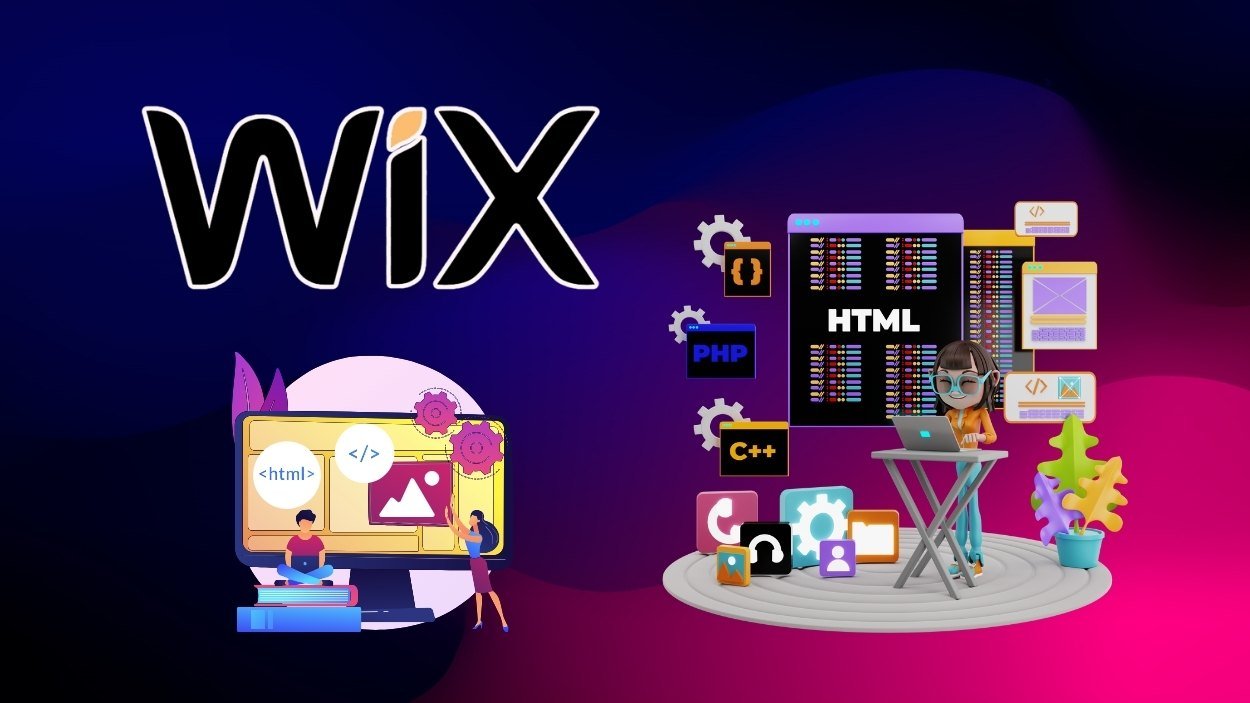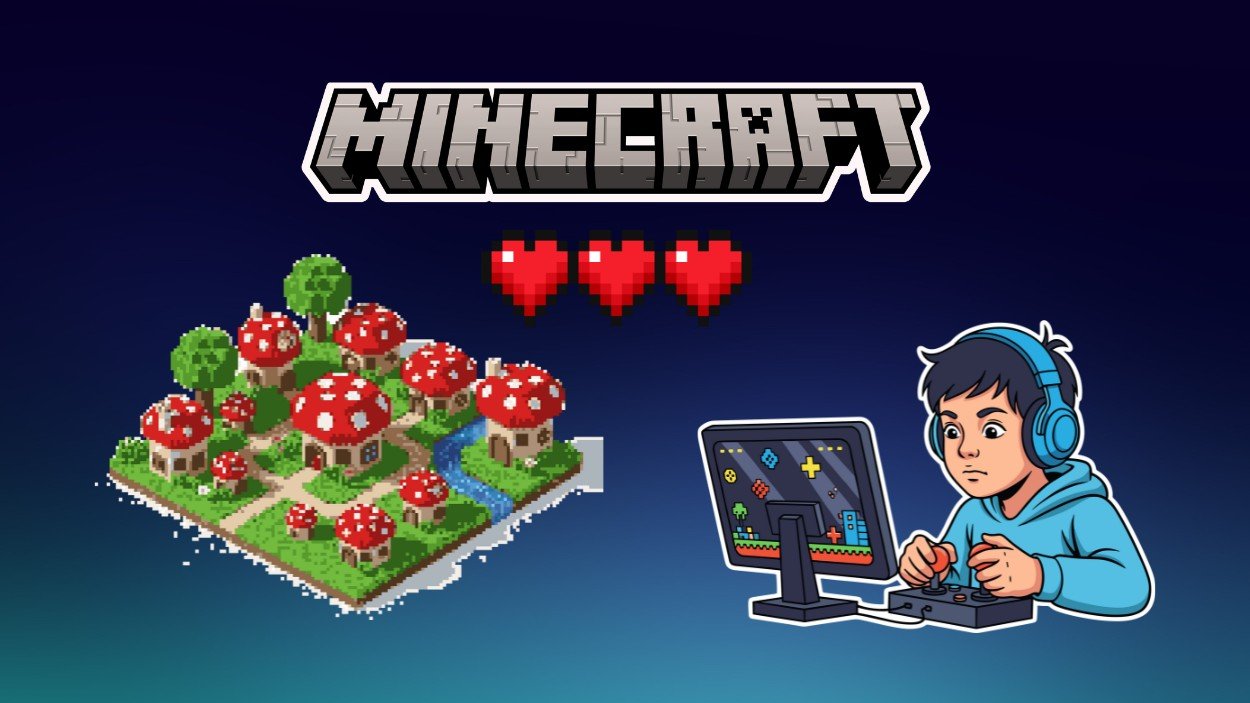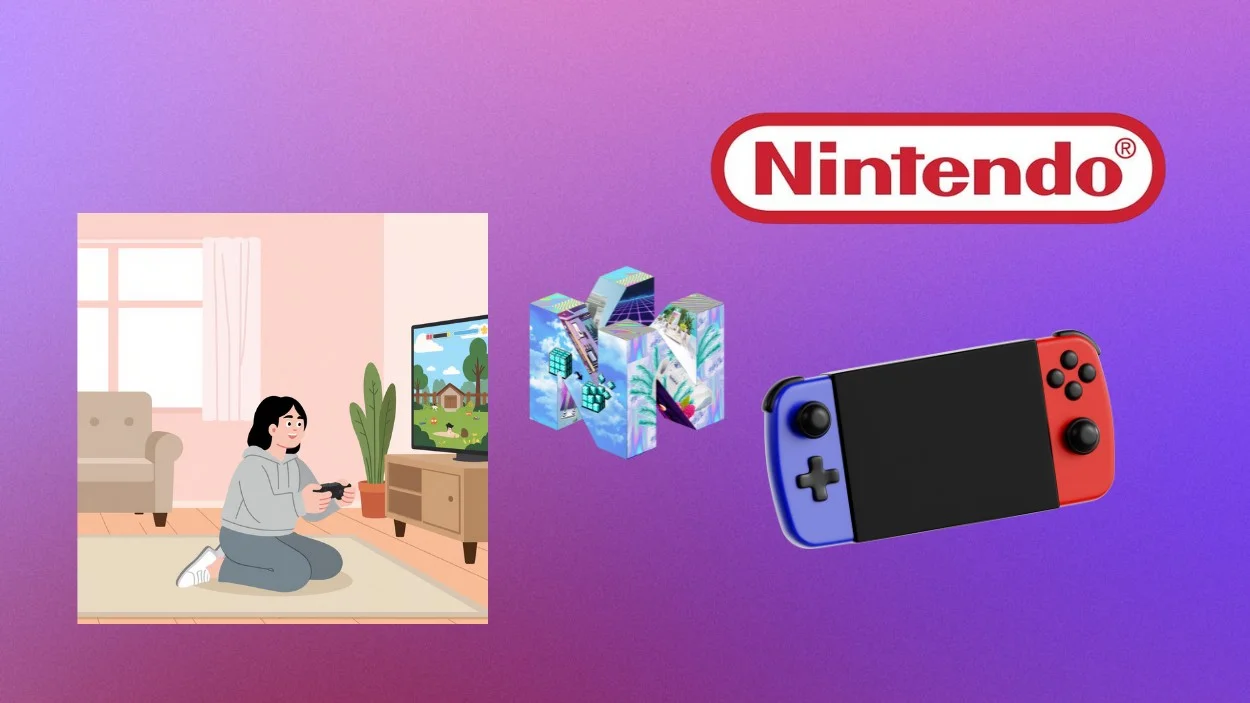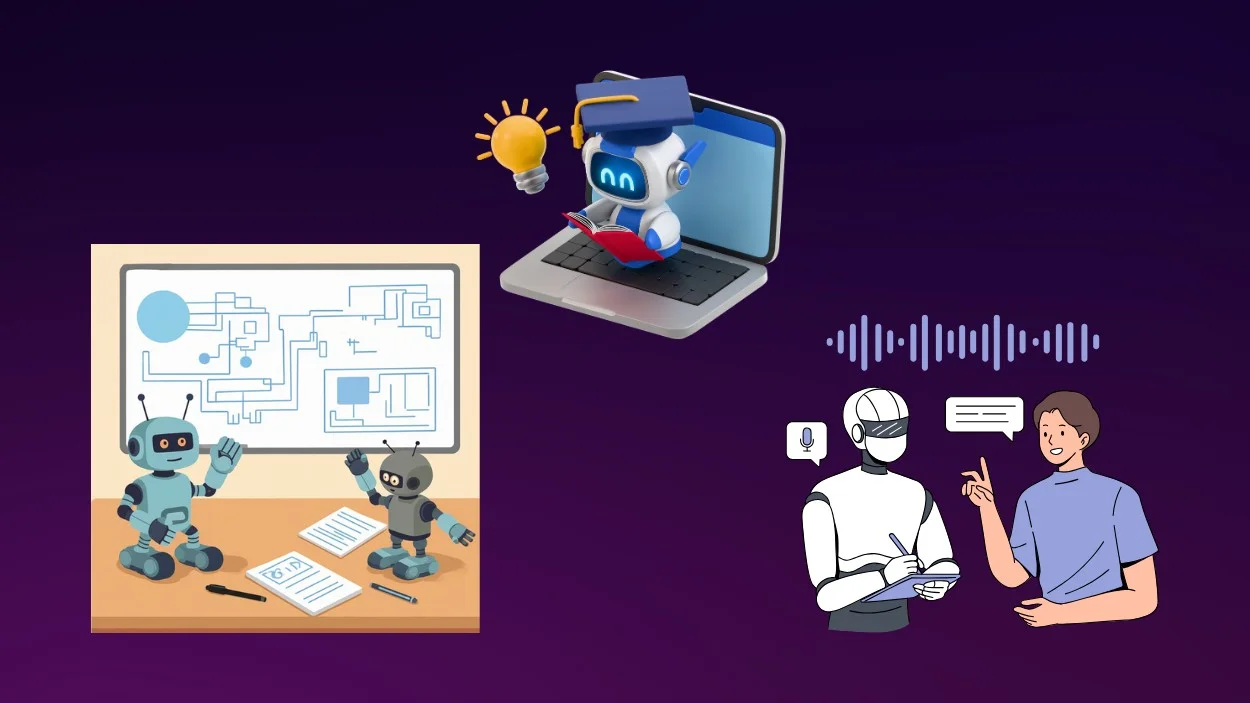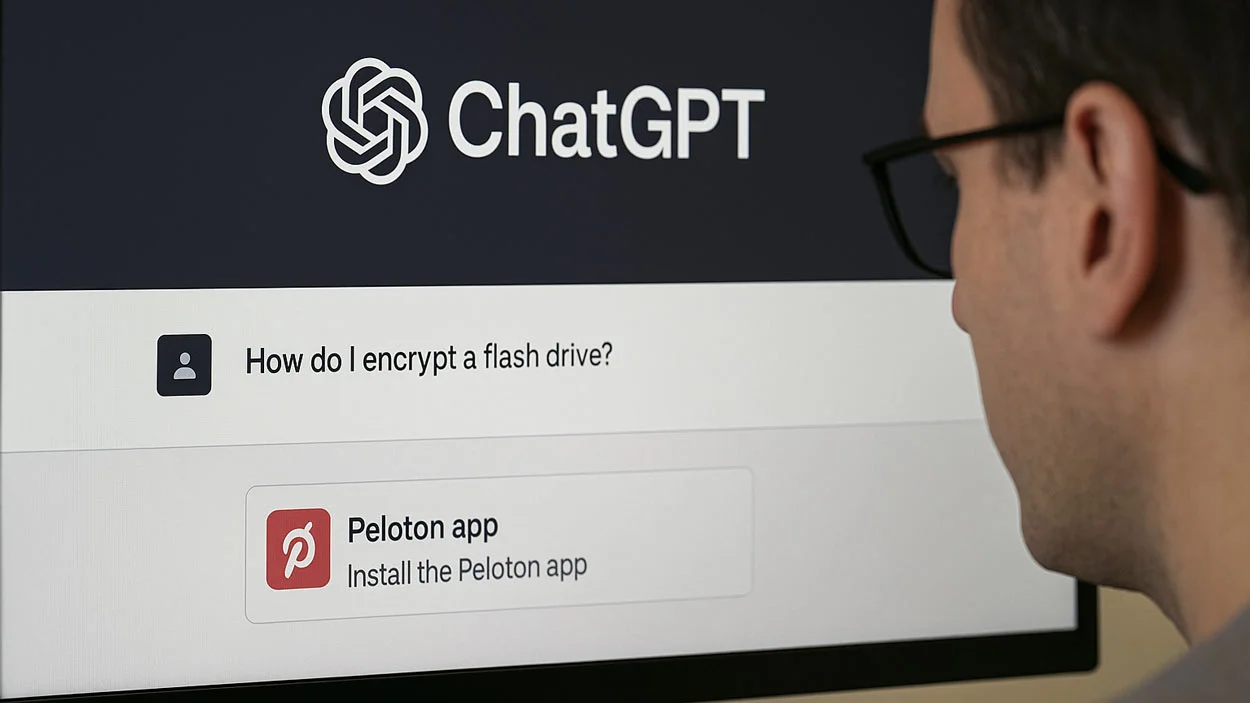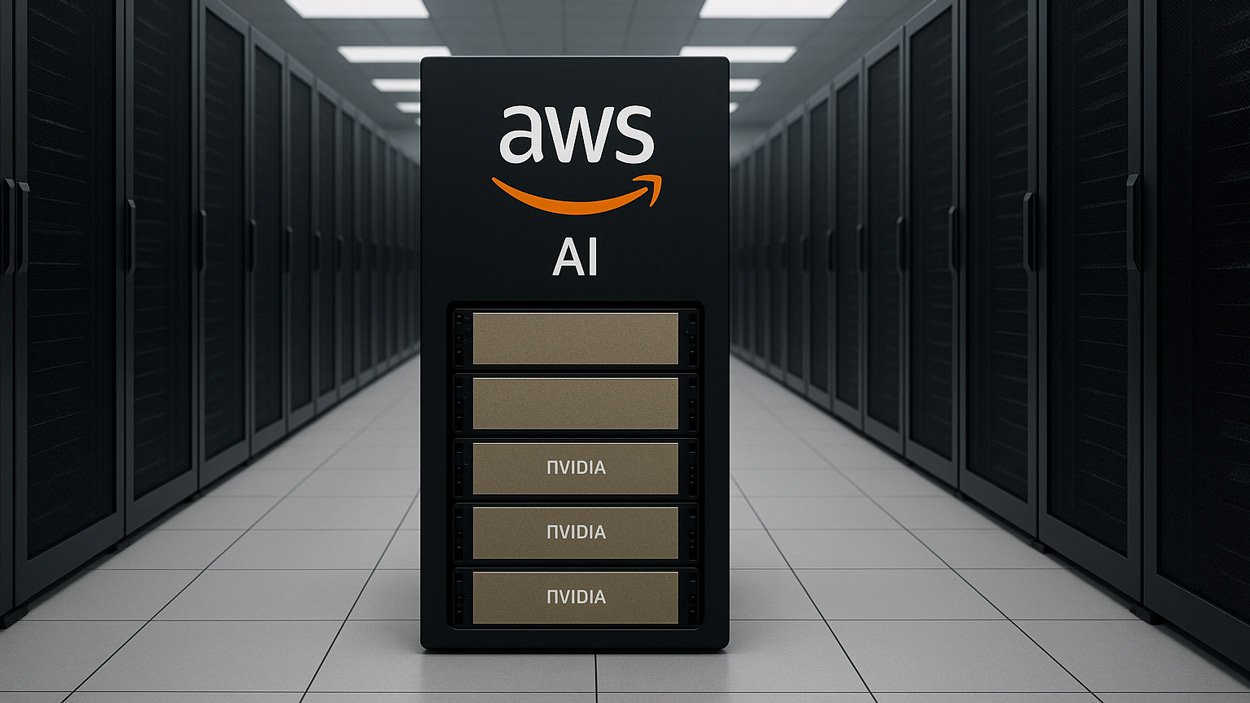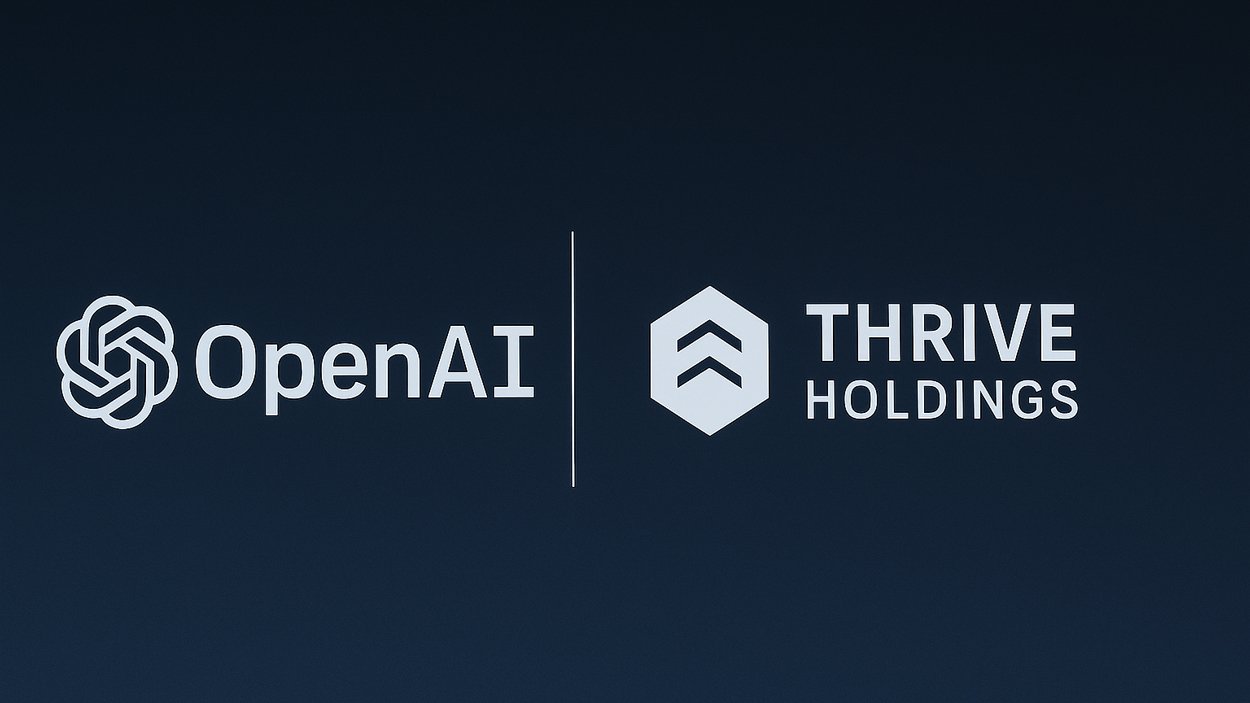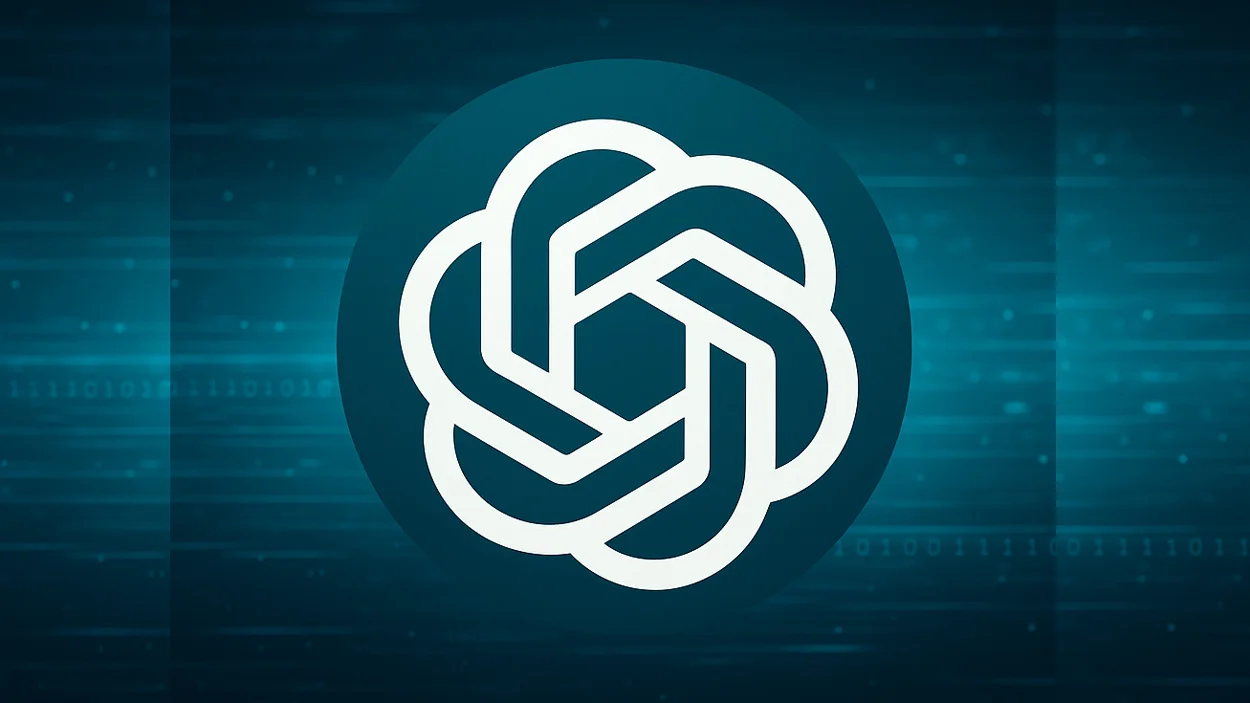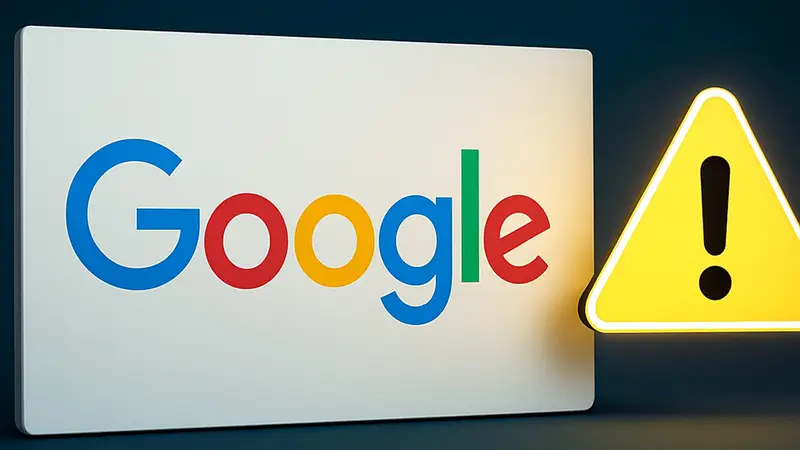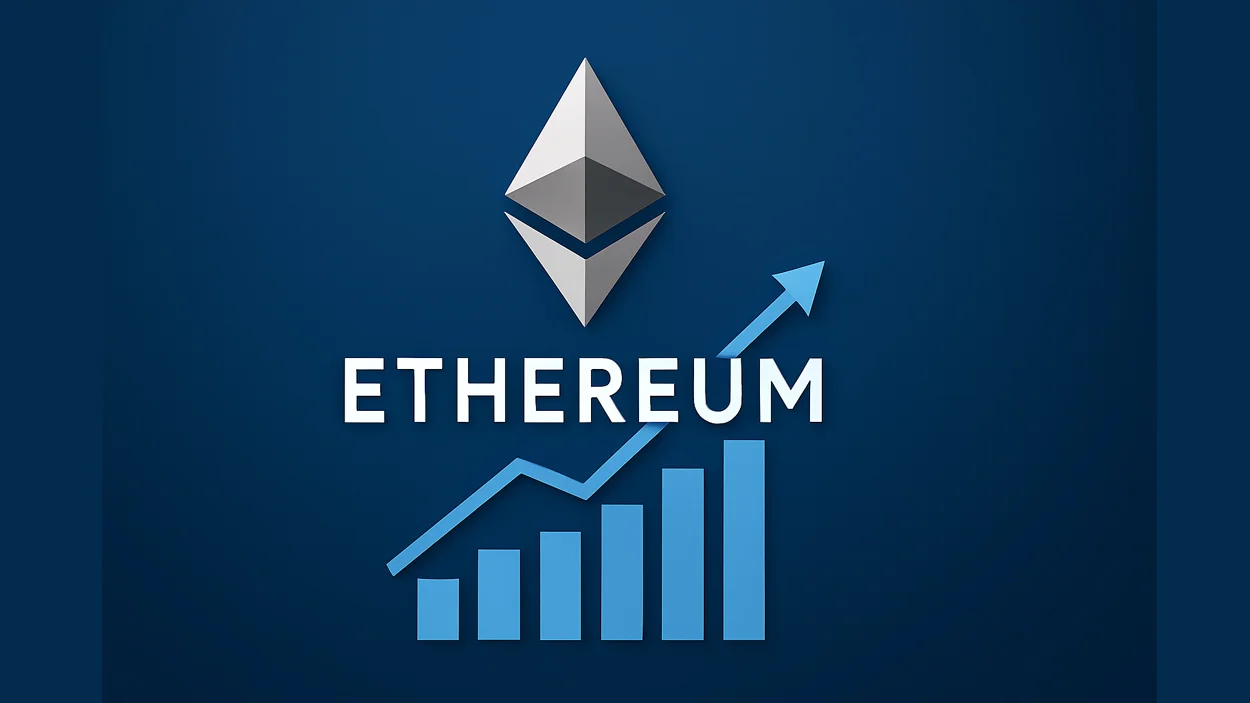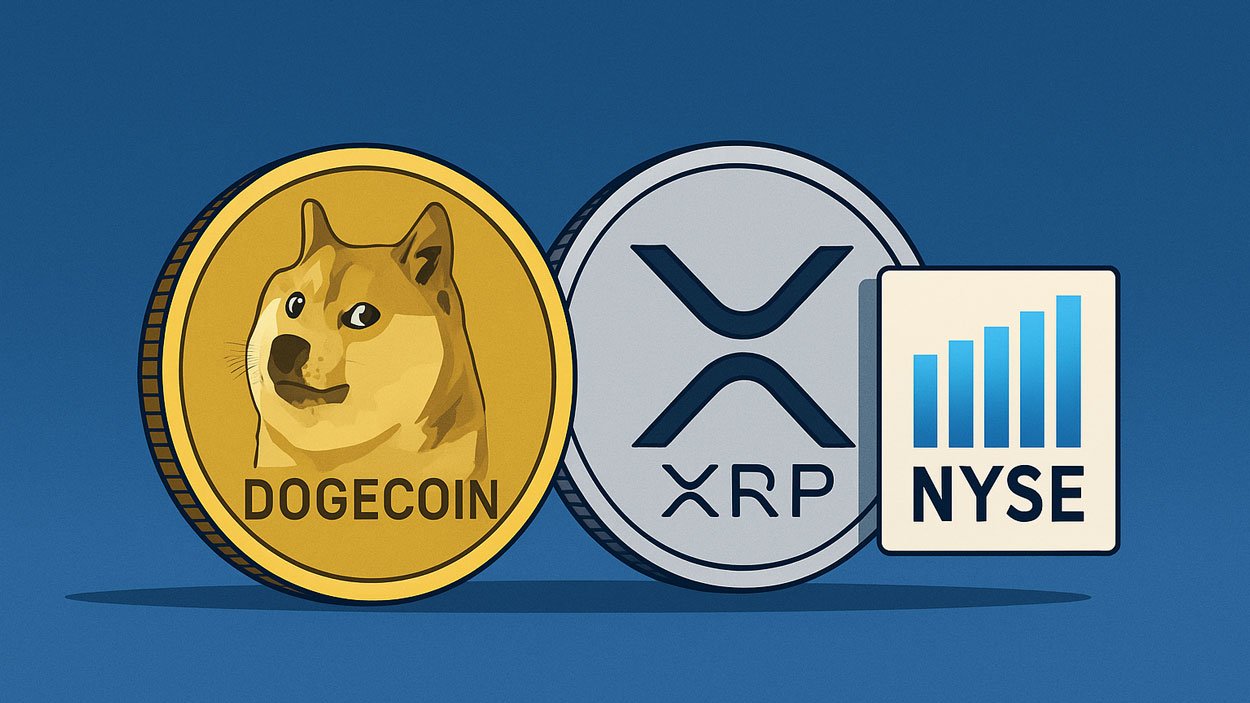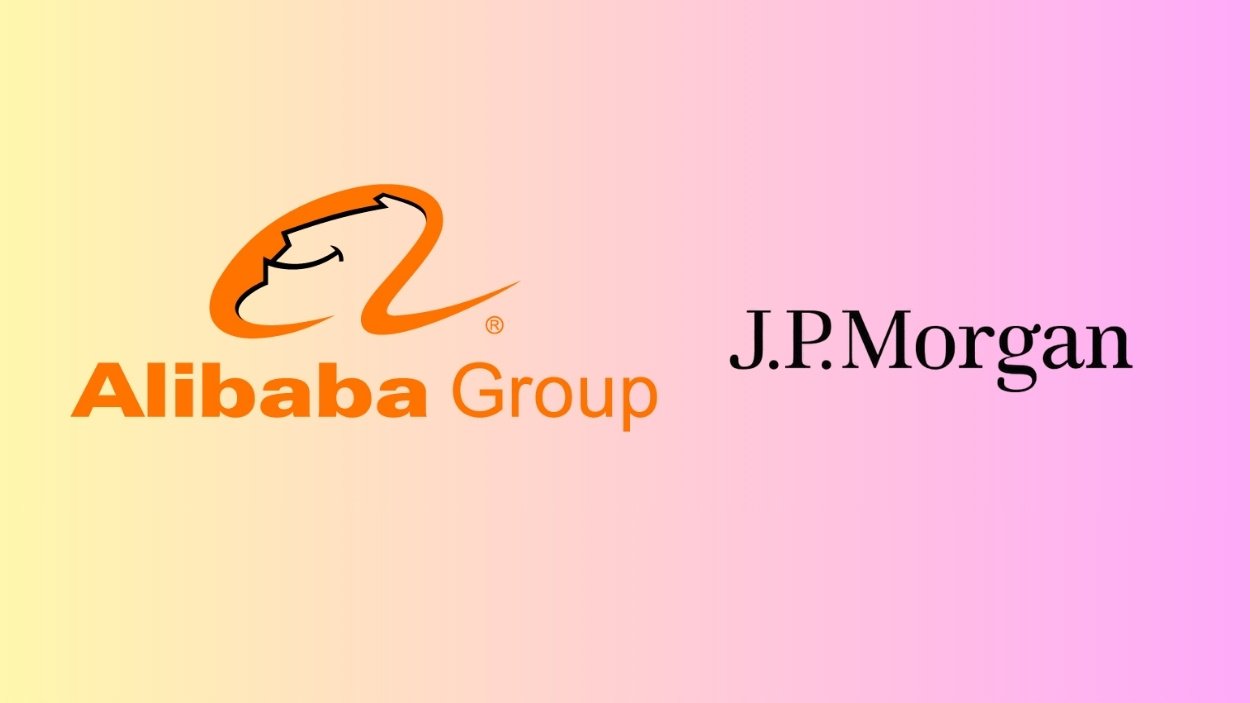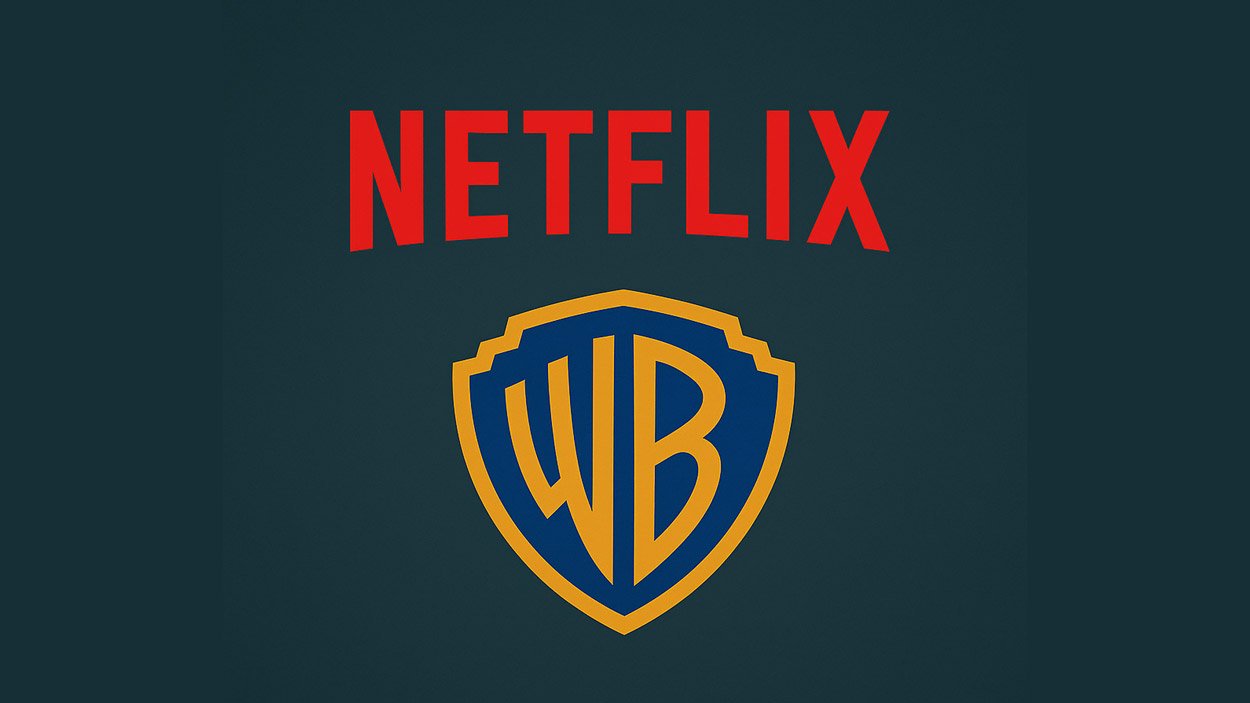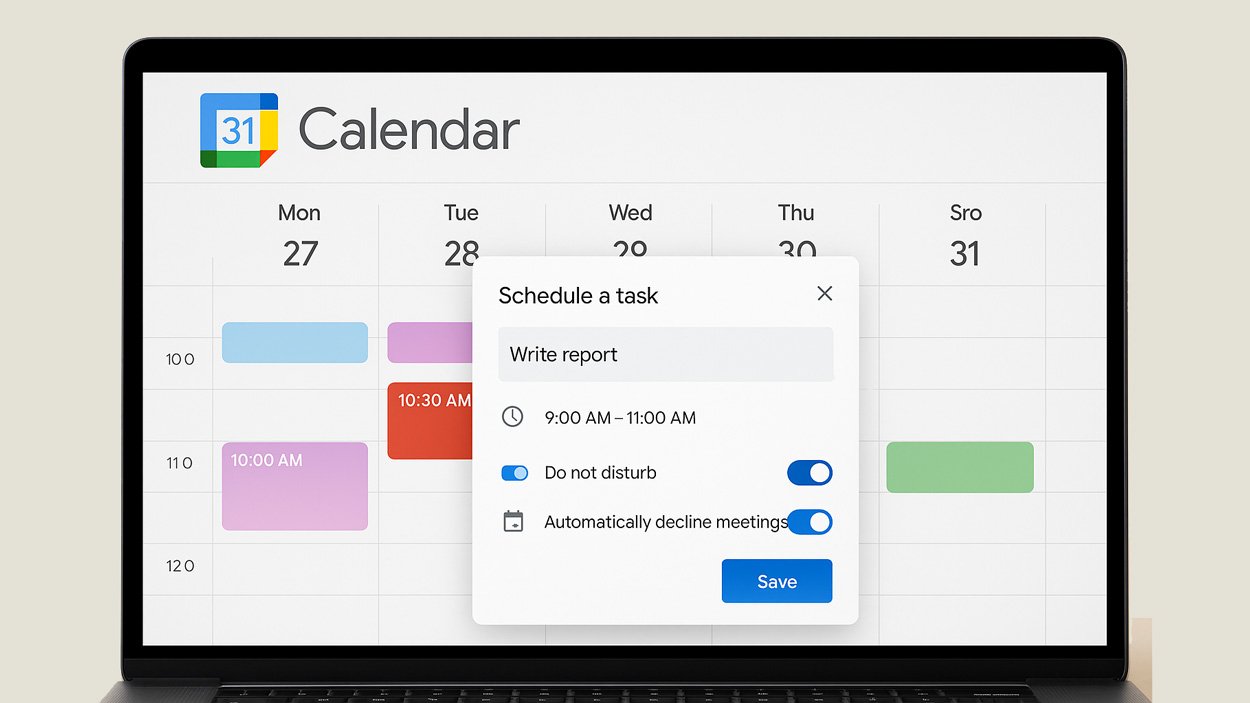This story explores how Mozilla is deepening its work in open source and ethical AI through its new partnership with the Digital Public Goods Alliance.
Quick Summary (TLDR)
• Mozilla has joined the UN-backed Digital Public Goods Alliance to support open source technology and ethical AI
• The partnership focuses on promoting digital public goods, growing digital commons, and funding public interest tech
• Mozilla will share its tools, research, and open projects like Common Voice and Mozilla.ai
• A new incubator program will launch in 2025 to help community-driven tech projects become sustainable
What Happened?
Mozilla formally joined the Digital Public Goods Alliance, a UN-supported global initiative focused on expanding access to open technologies that serve the public interest. The move strengthens Mozilla’s advocacy for open source AI and aligns with its ongoing work across Europe, North America, and the UK.
The partnership places Mozilla inside a growing network of builders, researchers, and policymakers who aim to accelerate the use of open AI models, open data, and openly developed technologies that follow strong privacy and ethical standards.
Mozilla’s New Role Inside the Digital Public Goods Alliance
Mozilla will contribute to three core work streams as part of the 2025 Annual Roadmap. Each area highlights how deeply the organization is investing in open source and public-centered technology.
We’re excited to join the @DPGAlliance to help expand global access to open, people-first technology. As we face rapid changes in AI and digital governance, strengthening the digital commons is more important than ever. https://t.co/t42u5ZtwKn
— Mozilla (@mozilla) November 12, 2025
Promoting Digital Public Goods Across the Open Source Ecosystem
Mozilla has always pushed for open source tools that prioritize people over profit. Through its involvement in the Digital Public Goods Alliance, the organization plans to expand that advocacy by
• Supporting better policy and regulatory conditions for open source AI
• Encouraging funding opportunities for community-driven open source projects
• Sharing global research and guidance on how open ecosystems benefit societies and economies
Mozilla says its goal is to strengthen public interest technology by making it easier for governments, developers, and communities to adopt and build upon digital public goods.
Strengthening Digital Commons Through Mozilla’s Existing Projects
Mozilla already maintains a wide collection of open projects that align perfectly with the Digital Public Goods Alliance mission. These include
• Common Voice, with more than 33,000 hours of multilingual speech data
• The Firefox web browser
• The Thunderbird email client
• Open source AI work developed through Mozilla.ai
• Investments from Mozilla Ventures, which supports trustworthy AI startups
By bringing these efforts into the Digital Public Goods Alliance community, Mozilla aims to help more developers and institutions rely on open and transparent systems instead of closed proprietary ones.
Funding Public Interest Technology
Mozilla plans to continue supporting open source projects that tackle complex social and technical challenges. Beginning in the fall of 2025, the organization will launch a new grantmaking program. This incubator will help community-led projects reach what Mozilla calls “product community fit,” a stage where tools become more stable, sustainable, and widely used.
This program reflects Mozilla’s belief that public interest tech needs long-term structures, funding, and mentorship to survive. Many open source AI projects face resource limitations, and Mozilla intends to close that gap.
Why This Partnership Matters for the Future of AI
Mozilla’s membership in the Digital Public Goods Alliance is both a technical and policy-focused move. The organization has been a strong voice in global conversations about AI transparency, accountability and openness. By joining this initiative, Mozilla gains a larger platform to push for AI systems that are not locked behind closed models.
The partnership challenges the industry trend toward secretive and fully proprietary AI systems. Instead, it promotes an alternative where AI models and data can be openly inspected, improved, and trusted. This has major implications for regulation, access, and global equity in technology.
Mark Surman, president of Mozilla, captured this sentiment clearly. “Open source AI and open data aren’t just about tech,” he said. “They’re about access to technology and progress for people everywhere. As a double bottom line, mission-driven enterprise, Mozilla is proud to be part of the DPGA and excited to work toward our joint mission of advancing open source, trustworthy technology that puts people first.”
Daily Research News Takeaway
I think this partnership marks an important moment for the open source AI movement. Big tech companies are racing ahead with tightly controlled models, but Mozilla is taking a very different path. They are doubling down on openness, transparency, and community involvement. To me, this feels like the kind of shift that can influence governments, global institutions, and even rival companies. If Mozilla can successfully scale digital public goods and support developers who build in the open, it could reshape how AI evolves over the next decade. This is a step toward a more fair and people-centered AI future, and it is good to see a major organization making that commitment.



